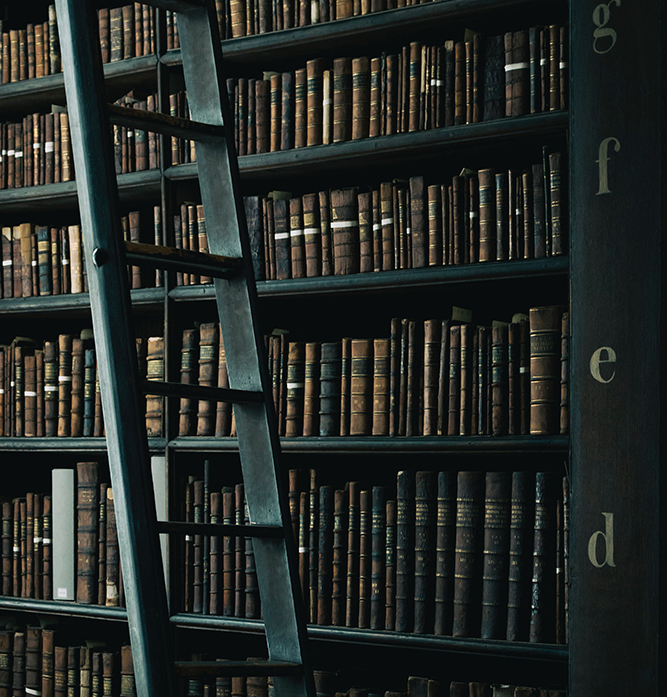The Mount Explores the Controversy and Impact of Banned Books
By Katie Holgerson | Assistant Editor

On October 3rd, MWCC held a banned book event at the Brewer Center in the library, free for all students to attend. The event was organized by Michel Cocuzza, the Civic Engagement Coordinator; Shelley Nicholson, Director of the Brewer Center; and Robert Koch, Assistant Dean of Collaborative Learning Commons. A handful of students participated in the event, enjoying complimentary pizza and engaging in group discussion with their peers to help raise student awareness about the issue of banned books, as October 1 – 7, 2023 was Banned Books Week. Banned books are becoming a growing concern, as many schools in the U.S. continue to ban certain texts in their curriculums and libraries. One of the main reasons for this, Nicholson stated, is that these books are perceived to be “…counter to the ‘norm.’ To what society dictates is how they should be.”
Why would reading books that promote critical thinking be banned? Well, it seems to be the parents making these decisions for their children: 60% of all challenges in the 2021-2022 school year came from adults who objected to dozens of books in their districts, some even reaching close to 100 objections. Most often, these books are banned for being sexually explicit, unsuited for the target age group, or containing offensive language. Sometimes, the books are described with an “other” category, which Cocuzzo explained is most likely LGBTQ+ content.
The public has faced this issue for some time. Koch went on to explain, “It started here, like so many other things. Boston was the beginning.” Although the banning of books is not as prevalent in Massachusetts today, research shows that around 3,923 titles have been banned in public schools and libraries in other parts of the country.
Discussing this topic can help students promote their intellectual freedom. As Cocuzzo explained, “We’re also hoping that it sparks some community engagement in the respect where they’re thinking more locally now. And that’s where it starts. And then hopefully it builds and they become nationally engaged, globally engaged.”
Furthermore, it gives students permission to read what they desire, despite what others deem as unfit for them to learn or discover. Emma Morse, a liberal arts major who attended the event out of pure interest, stated, “I think banned books provide a different perspective, like LGBTQ+ and racism, things that are controversial and [can] spread awareness.”
Allowing students the freedom to choose what they read removes limitations. Once the door is opened for them to explore what they’re interested in, they can shape how they perceive societal issues and the world itself.
Comments are closed.